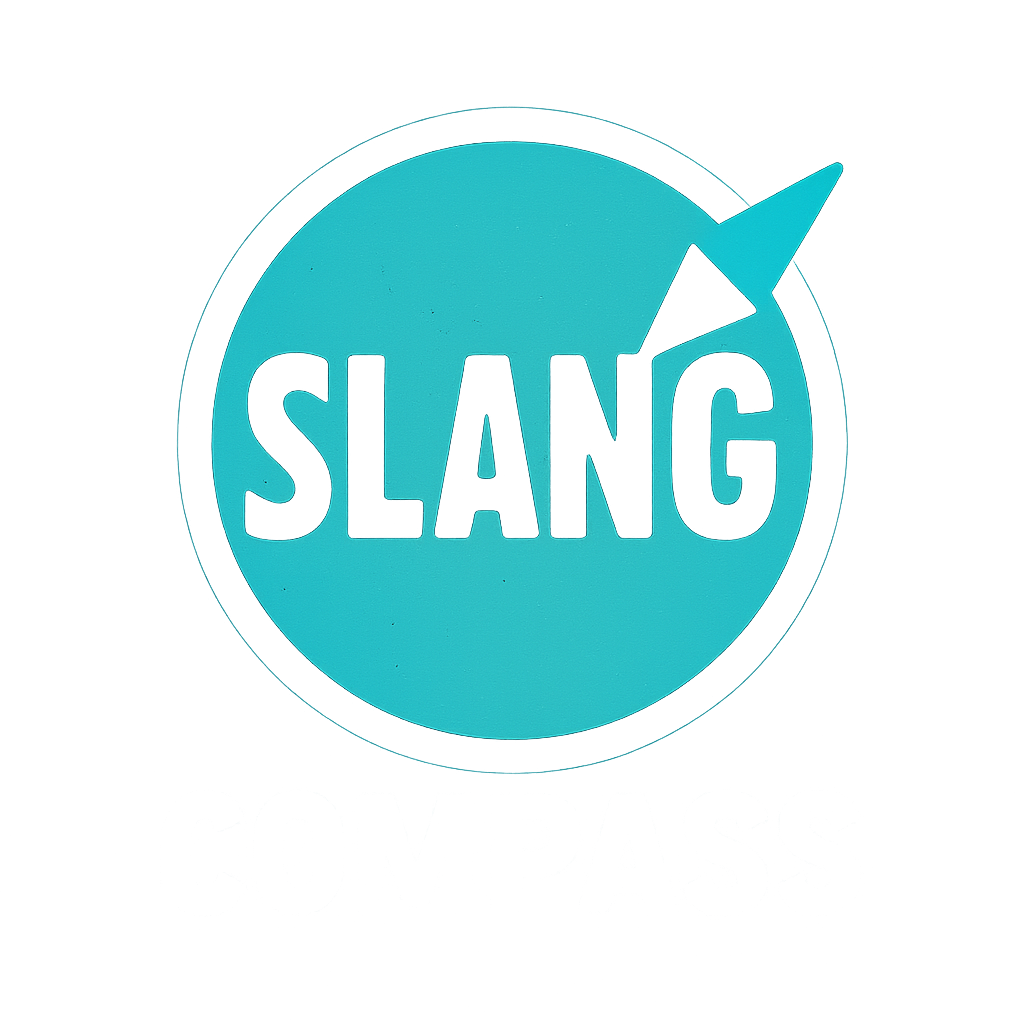Side-by-Side Slang: 1960s–2025
| Concept | Boomers | Gen X | Millennials | Gen Z | Gen Alpha |
|---|---|---|---|---|---|
| Cool / Stylish | Groovy | Fresh | Lit | Drip | Slaps |
| Agreement | Right on | Word | True dat | Facts | No cap |
| Disbelief | Far out | Psych | Yeah right | Bruh | FR (for real) |
| Excitement | Outta sight | Rad | Awesome | Hype | Dub |
| Insult | Drag | Poser | Lame | Basic | NPC |
Why It Matters
Slang isn’t just wordplay — it’s identity, connection, and cultural shorthand. Understanding generational slang makes it easier to bridge gaps at home, in classrooms, and at work. Plus, it’s fun to see how each era puts its spin on the same feelings.
Keep Exploring
Want to dig deeper? Every slang term above links to a full definition page. Or jump into trending slang guides below.
FAQ: Generational Slang
- What is generational slang? Language or phrases unique to a generation that mark cultural identity and time period.
- Why does slang change? Each generation adapts language to reflect new music, media, tech, and social values.
- Do some slang terms survive generations? Yes. Words like “cool” or “awesome” transcend eras, even if their popularity spikes and fades.
- Is Gen Alpha slang already distinct? Yes. Despite their young age, terms like “NPC” and “slaps” show emerging patterns influenced by gaming and TikTok.
- Which generation had the most slang? Each had its own explosion, but Gen Z and Gen Alpha’s internet-driven slang grows fastest.
- Can slang be universal? Some phrases (like “bruh”) spread globally thanks to memes and platforms like TikTok.
- Why is slang important to study? It reveals generational identity, cultural trends, and even social pressures.
- Is using old slang cringey? Context matters. Throwback terms can be nostalgic or funny when used knowingly.
- Can workplaces benefit from slang guides? Yes. Understanding helps bridge communication gaps across multi-generational teams.
- How can I keep up with new slang? Bookmark evolving resources like our A–Z glossary and trending articles updated throughout the year.
